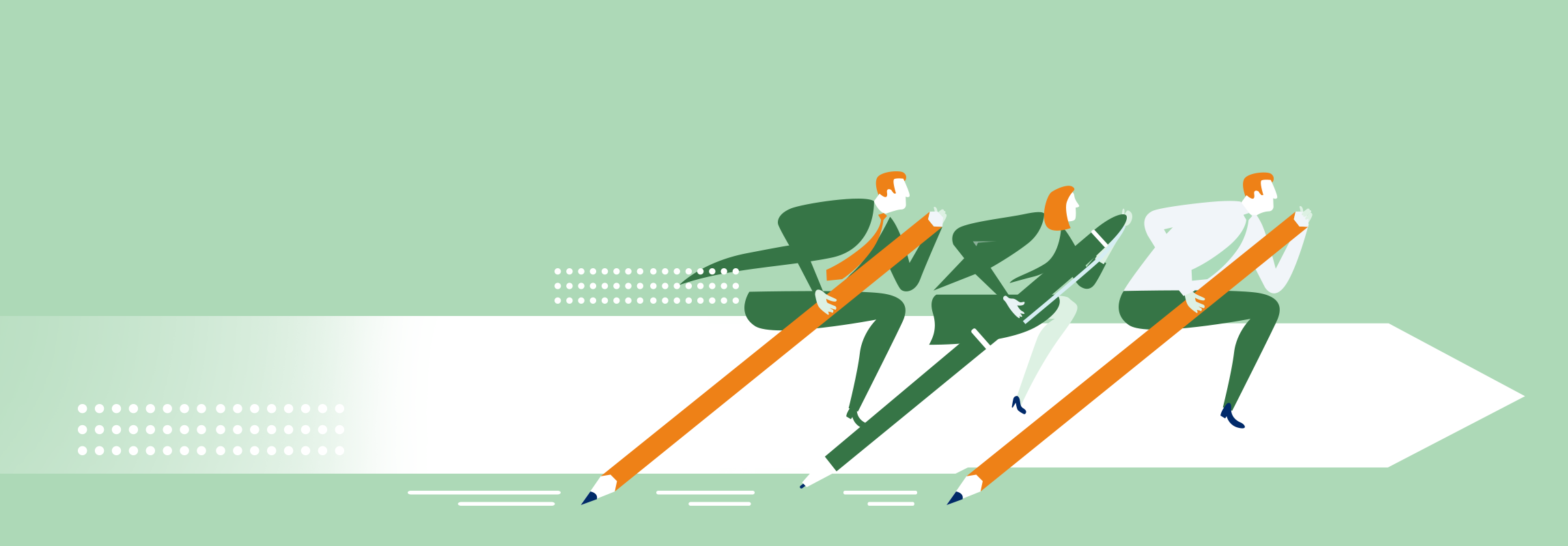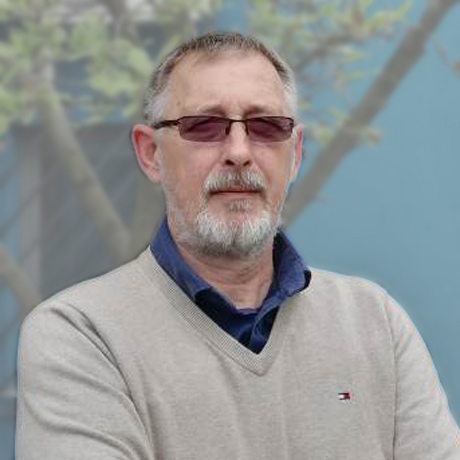
21/05/2019
The modern-age disease from the perspective of an expert
From Struggle for a Better Feeling to Struggle for Life Itself
Aleksandar Ramah
Prim. Dr. Med, Psychiatry Specialist, Ramah Practice
From Struggle for a Better Feeling to Struggle for Life Itself
A long time ago, when faced with ‘lifetime’ unpleasant experience, suffering, fear or dissatisfaction, homo sapiens would also imagine a better, ‘another world’ ruled by pleasantness, new knowledge and relaxation. Having found out by chance that a substance taken in from the outside can easily change consciousness and experience, and also relieve pain, people entered into a complex and uncertain relationship with these substances (drugs) that continues to this day.
Nowadays, there are two kinds of addiction: chemical and non-chemical (behavioural). Chemical addictions have been present for a long time and include addiction to alcohol, drugs such as cocaine, heroin, amphetamines, cannabis products, sedatives, steroids, etc. Behavioural addictions include addiction to gambling and betting and also betting on the Internet (more precisely games, online purchase, sexual contents, social networks).
Addiction diseases are a complex phenomenon in which biological, psychological and social factors are acquired, and through them a large number of associated factors.
Multi-decade efforts to give closer determination of predisposing personality characteristics for development of addiction have not led to reliable results. However, it is indisputable that continuous use of drugs leads to so-called secondary personality transformation characterized by certain changes in the sphere of thinking, feeling, instinct and behaviour, as well as the system of values. Young people usually try drugs out of curiosity and under the influence of a peer group rather than in search for meaning. On the other hand, if young people feel that they have accomplished something and that they have future, if they are emotionally fulfilled, the likelihood that drugs will play a significant role in their lives will decrease.
How drugs take away freedom of a (young) person?
Regardless of the will of the person, the use of any drug leads to changes in the functioning of the brain. Already the first drug use can change the functioning of the brain essentially and even permanently. Drugs most significantly affect those parts of the brain that regulate complex relationships between feeling, thinking and observation. With every subsequent drug taking, these changes are getting deeper and stronger. The natural feeling of comfort, relaxation or creativity is achieved by mutual complex interaction of a multitude of brain centres: the drug effect is a shortened, incomplete, less valuable version of these processes that creates the illusion that the desired condition exists. Seduced by this illusion, a person tries to regain this condition by taking the drug again and make it permanent. However, instead of sustainability of this experience, they experience disappointment and hope that they will achieve it next time - the circle is established, until addiction is created when the drug is taken not to experience something, but to reduce the existing strong physical and mental disorders.
Parallel to the changes that drugs cause in the brain, the behaviour of a person also changes. With every new drug taking, the behaviour of a person is less spontaneous and functional, and interactions with others are compromised. Different bodily complications are also significant. Everything that a young person wanted or already possessed, disappears in the fog generated by the drug.
Recidivism, drug re-taking after a period of abstinence, is a common occurrence in developed addiction. With depressed will and faced with many consequences of drug addiction, a person fails to cope and takes drugs again as a means of resolving problems and achieving satisfaction.
Regardless of what kind of drugs is used, the path to a certain tragic outcome is inevitable. Over time, the initial reasons for taking drugs are fading and becoming irrelevant. Over and over again, every individual story about the history of taking drugs, however special and unrepeatable at the beginning, has the same predictable end in which destruction and slow disappearance of the person becomes the only certainty.
Healing Process
The addiction treatment implements integrative approach that lasts between one and three years in phases.
The first phase is abstinence, that is, discontinuation of drug use, with an assessment of the consequences that permeate the entire bio-psycho-social sphere. In order for a person to overcome the addiction problem, they must first accept that they have a problem, then that they can get out of the problem, and that they alone are worthy of a person (without drugs). It is important to realize that this is a specific illusion, that satisfaction, comfort and any other desired experience can be achieved otherwise, and that drug use causes losing of values such as freedom, potentials that everybody carries in themselves, relations with others… Upon discontinuation of drug use, when physical dependence has been developed, there is an abstinence syndrome that requires medical treatment (the use of adequate drugs) for up to three weeks. This detoxification phase lasts for about a month. However, this phase is insufficient to achieve a permanent discontinuation of drug use.
The second phase is an early recovery - the period in which the non-drug pattern is strengthened during 6-24 months, the period of encouragement, support and practice of drug-free behaviour/functioning; strategies for coping and overcoming problems in abstinence are identified and strengthened.
The third phase is strengthening of the recovery - this phase lasts from one to five years. The objective is to create insights into one's own mental life, characteristics and personality as a whole.
Although addiction is one of the biggest problems a person can face in life, it’s a problem that can be solved. Anyone can become addicted - the tendency to attain pleasure with the use of drugs, quickly turns into its opposite.
St. Augustine:
‘Indeed, man wishes to be happy even when he so lives as to make happiness impossible!’
CHARTER OF YOUTH FOR DRUG-FREE 21ST CENTURY

AUTHOR
Aleksandar Ramah
Prim. Dr. Med, Psychiatry Specialist, Ramah Practice